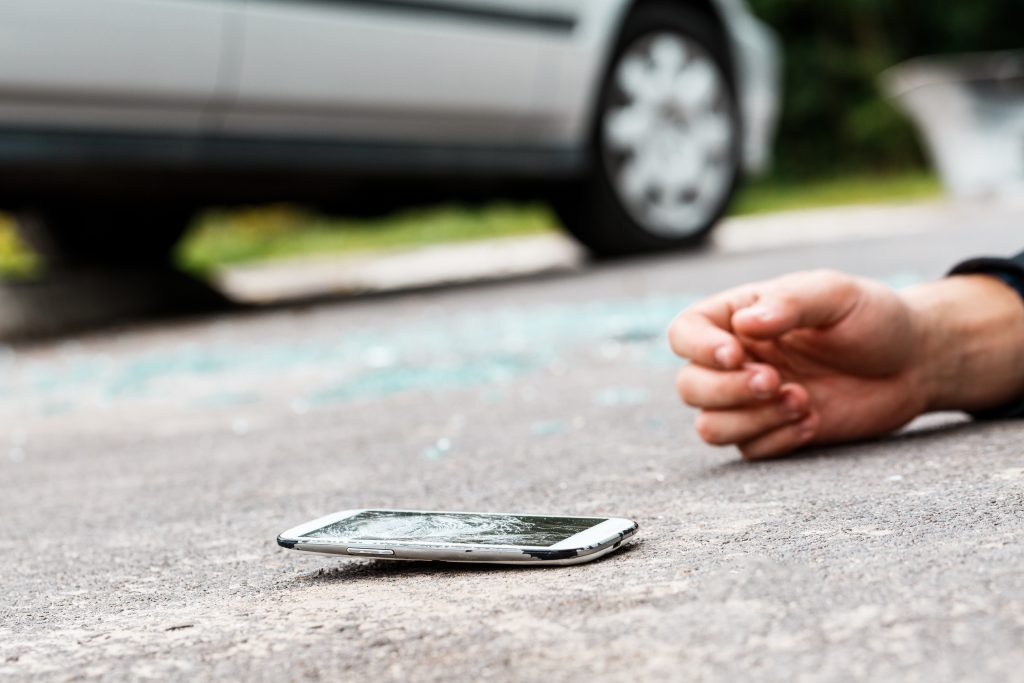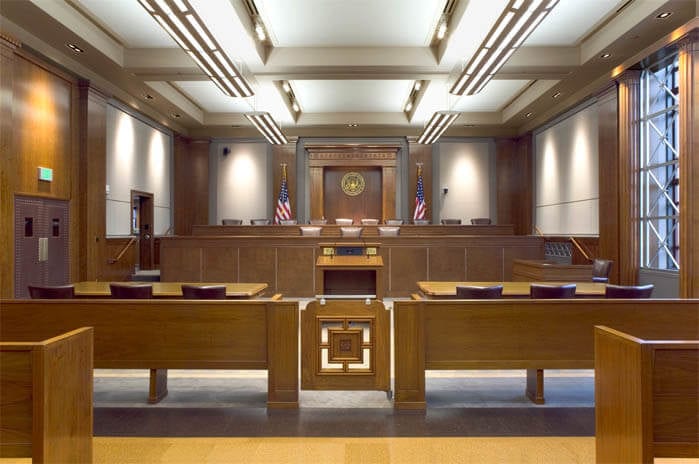You have been arrested and charged with having a gun. Now what?
Depending on the circumstances, you may be charged with Aggravated Unlawful Use of a Weapon, more commonly referred to as “Agg UUW”. An Agg UUW is a serious felony offense and should not be taken lightly. If convicted, you may be facing time in prison regardless of your prior criminal history. For a charge such as this, you definitely need a lawyer!
What are the rules for carrying a firearm in Illinois? In order to carry a firearm outside of your home, you need two important items: a firearm owner’s identification card (FOID) and a concealed carry card (CCL). If you do not have a FOID or CCL, you may be charged with AGG UUW for possession of the firearm.
This charge is considered a Class 4 felony offense which carries a penalty of 1 to 3 years in the penitentiary and a fine of up to $25,000. You may not be eligible for probation even if you have no prior criminal record. If you do have a prior felony conviction, you are facing an even more serious sentence. In some cases, you can have a penalty of 3 to 14 years in the penitentiary, or 7 to 14 years, depending on your prior conviction.
In the most serious cases of an Armed Habitual Criminal you can be facing 6 to 30 years in prison which must be served at 85%. 85% refers to something called a “good time credit”. This means that if the inmate complies with institutional regulations and behaves, they will receive 4.5 days of credit per month. Another way to say it is if the inmate was sentenced to 3 years, they can be released in 2.55 years.
What can an experienced criminal defense attorney do for you if you are facing a gun charge?
- If you are being held in custody, an attorney may file a motion to reduce your bond in order for you to be released.
- Your attorney can challenge the police officer’s testimony at the preliminary hearing through rigorous cross examination.
- The attorney will review all of the charges with you and properly advise you of what you are being charged with and what possible penalties you are facing if you are convicted.
- An attorney will get all of the police reports and videos on your case and review them with you to determine if you have a valid defense or a possible motion to challenge the police officers’ stop and search of you.
- If the police had no valid reason to stop or search you, your attorney can file a motion for a hearing with the court challenging the stop and/or search and ask that the evidence be suppressed.
- An experienced attorney will interview witnesses and conduct a thorough investigation into all of the facts and circumstances surrounding your arrest.
- Your attorney will offer advice on the best way to proceed on your case whether it be a motion, trial before a judge or jury, or a negotiated plea agreement.
- An experienced attorney will be able to advise you of any possible way to get probation and avoid jail time even if your case does not carry probation.
- You may be eligible for a special 1st time offender probation if you are under 21.
- Your attorney may put together a mitigation packet telling the state and the court all of the good things about you in order to get the sentence reduced.
Most importantly, an experienced criminal defense attorney will help you navigate the complexities of the criminal justice system to help achieve the best possible outcome for you!



